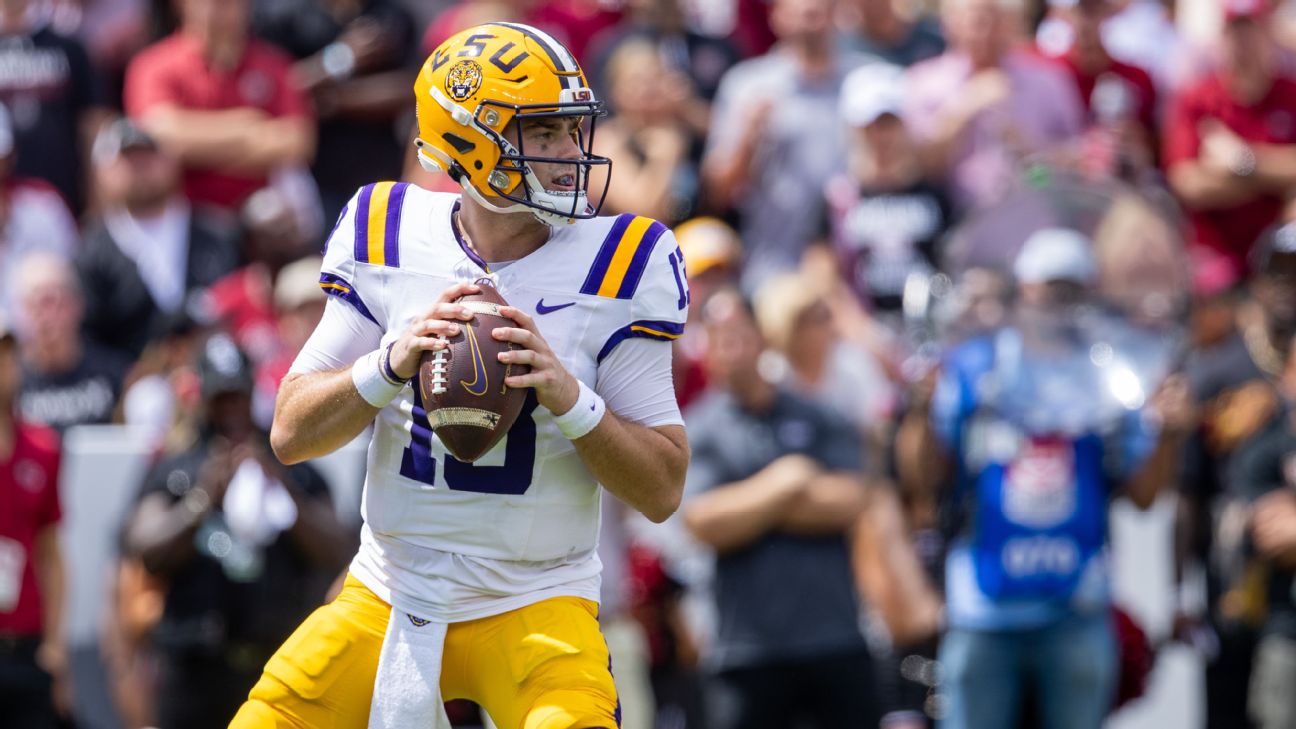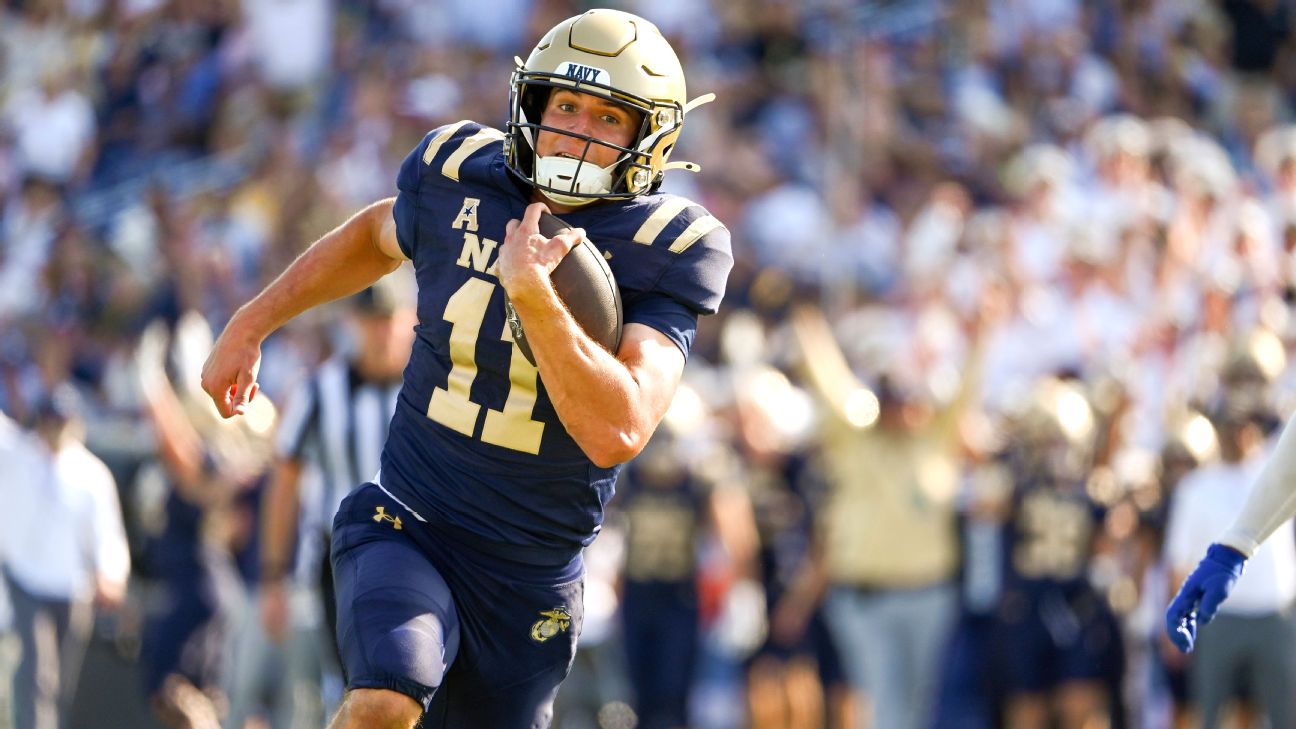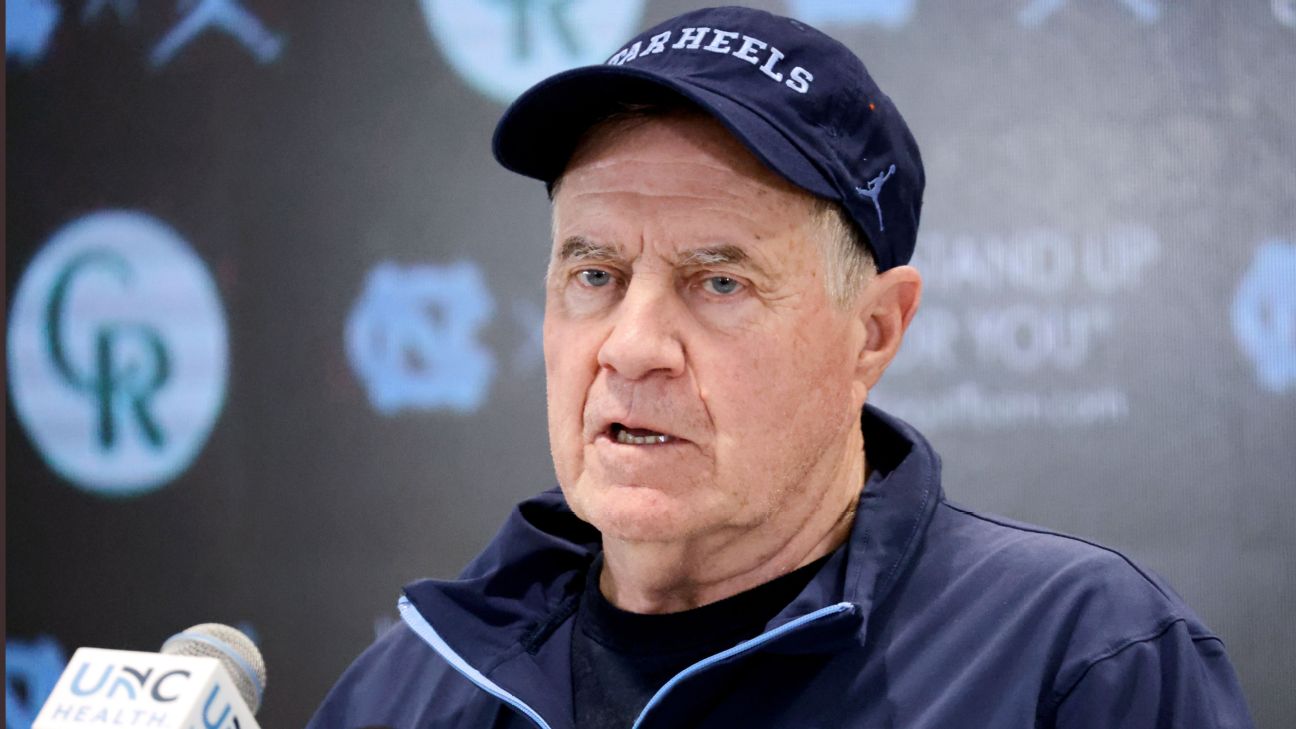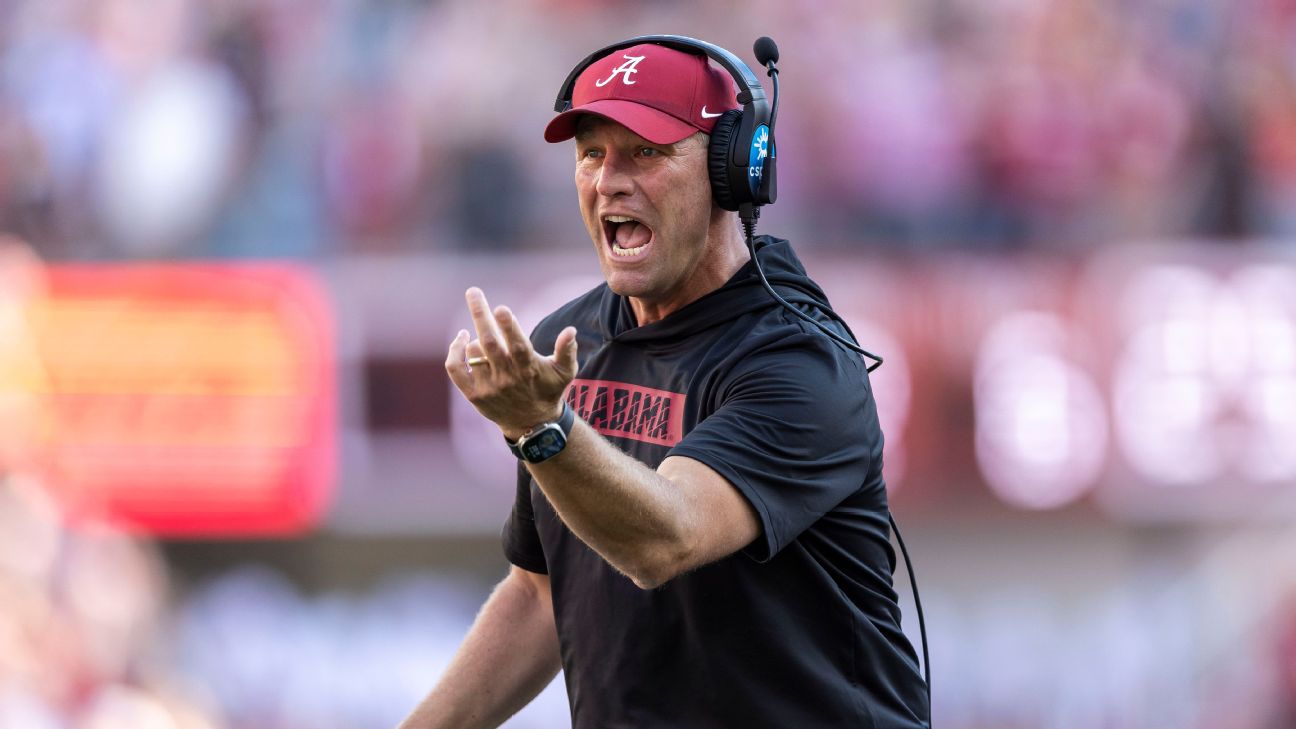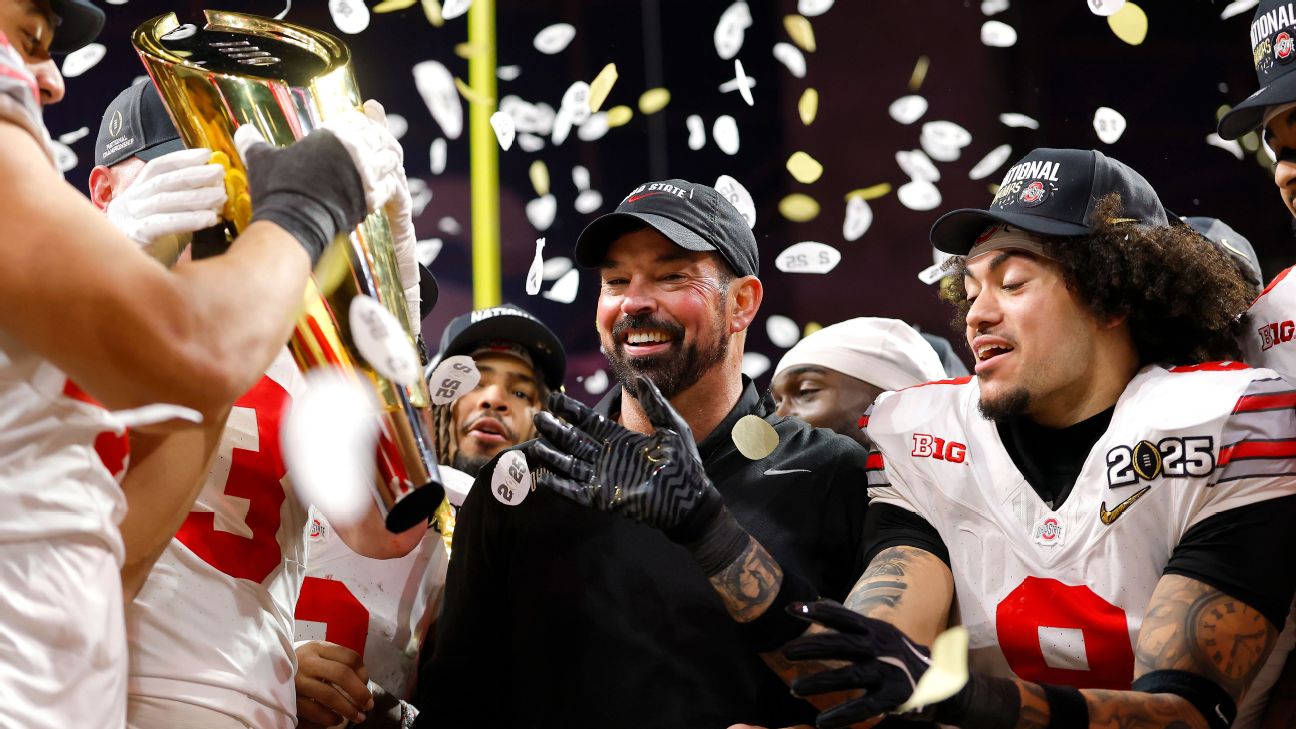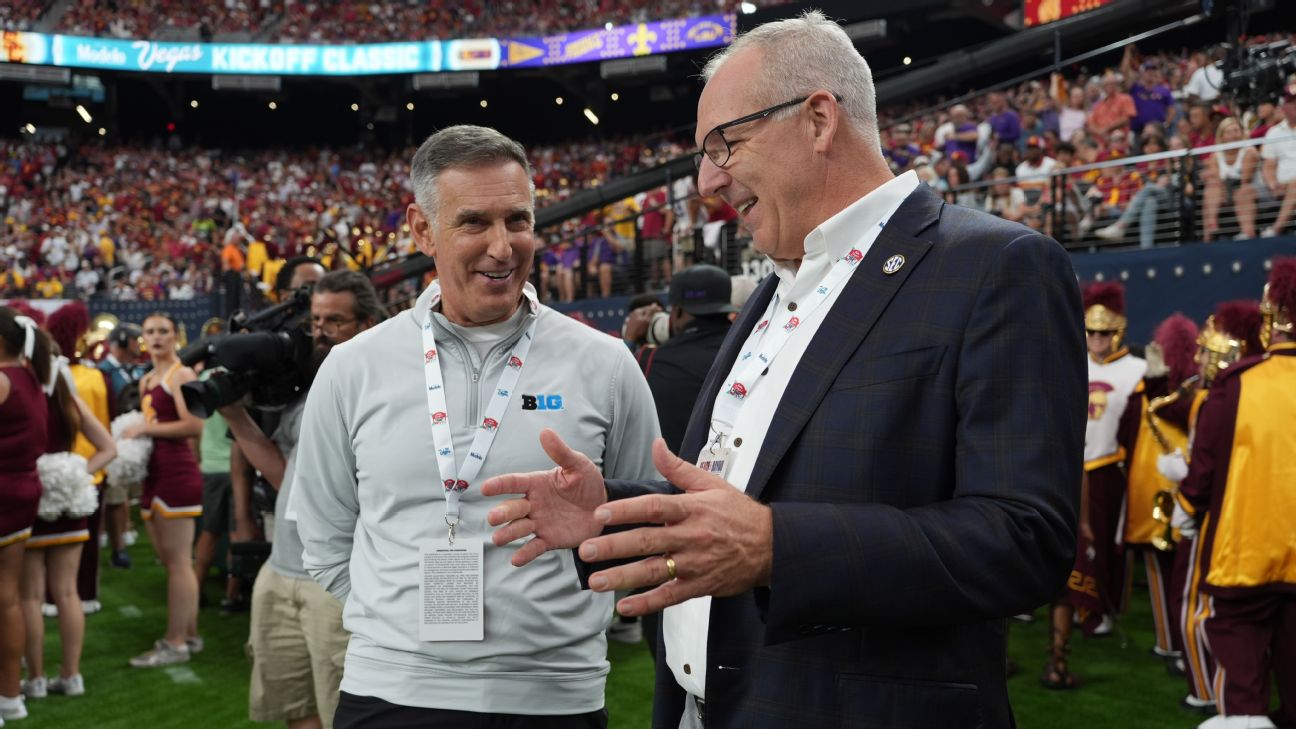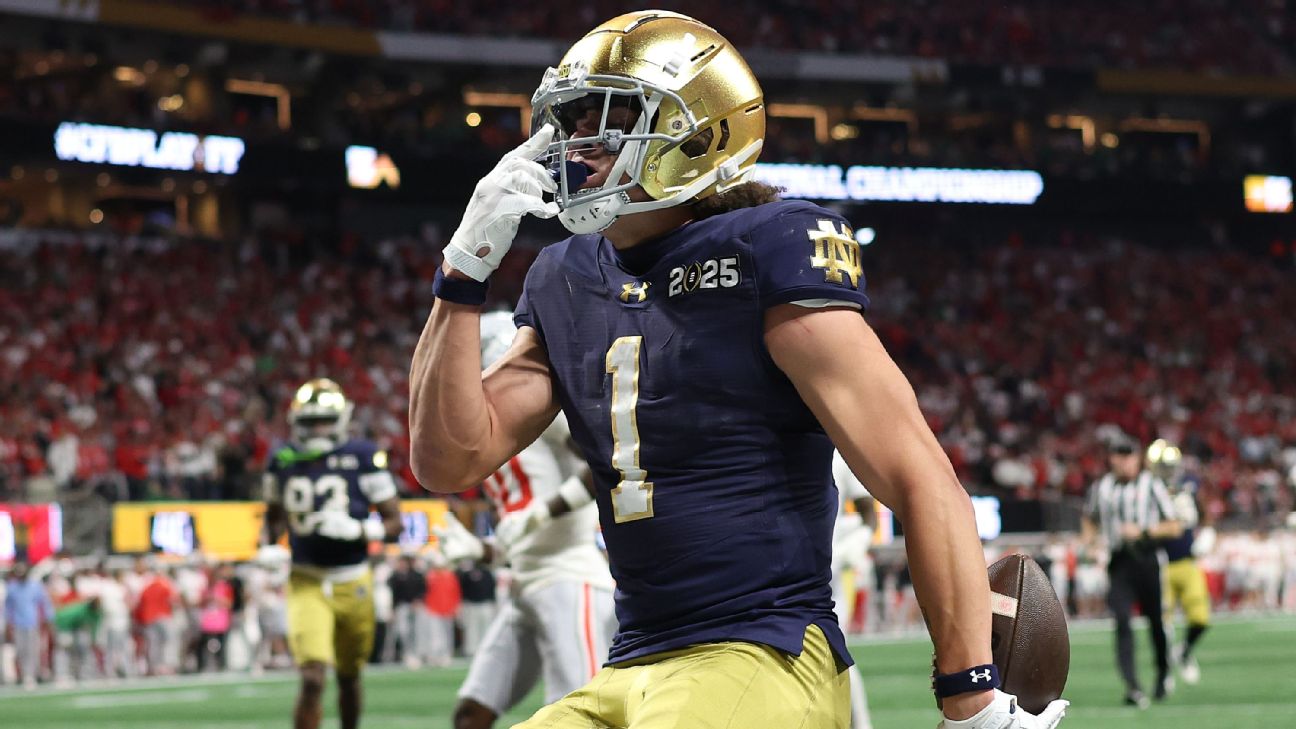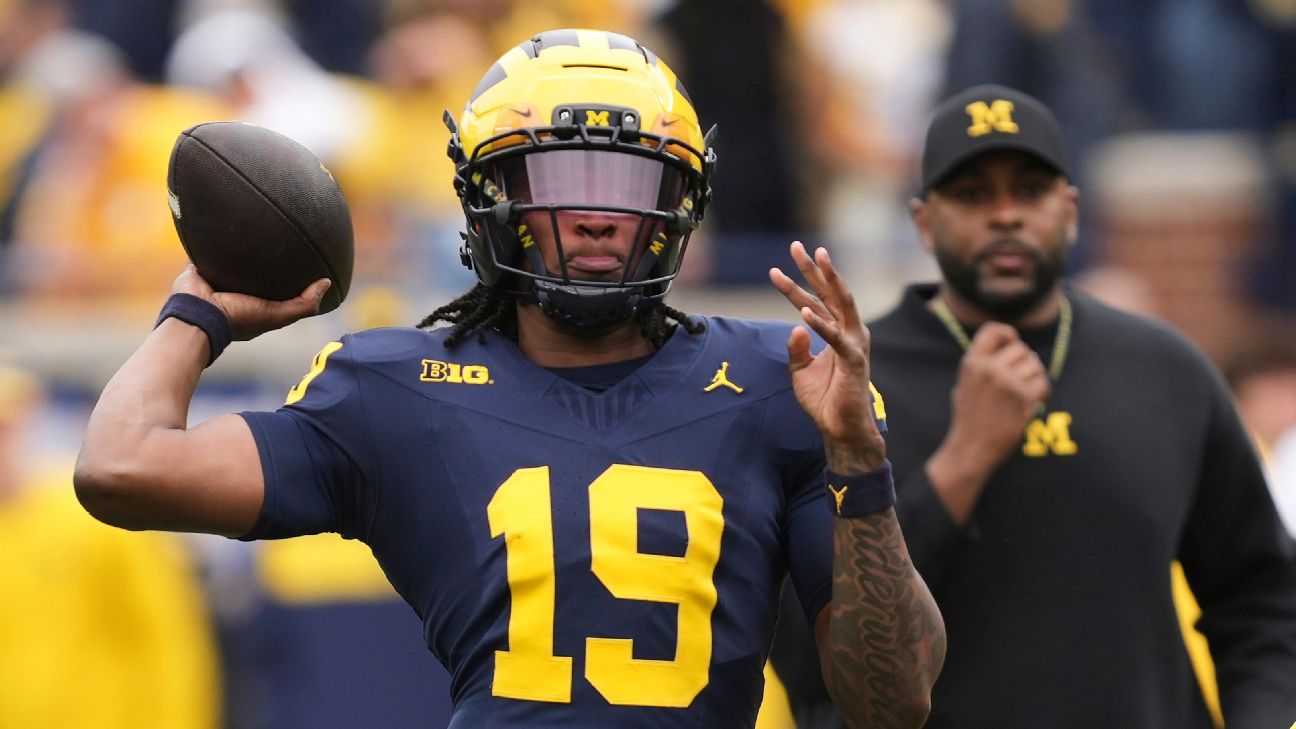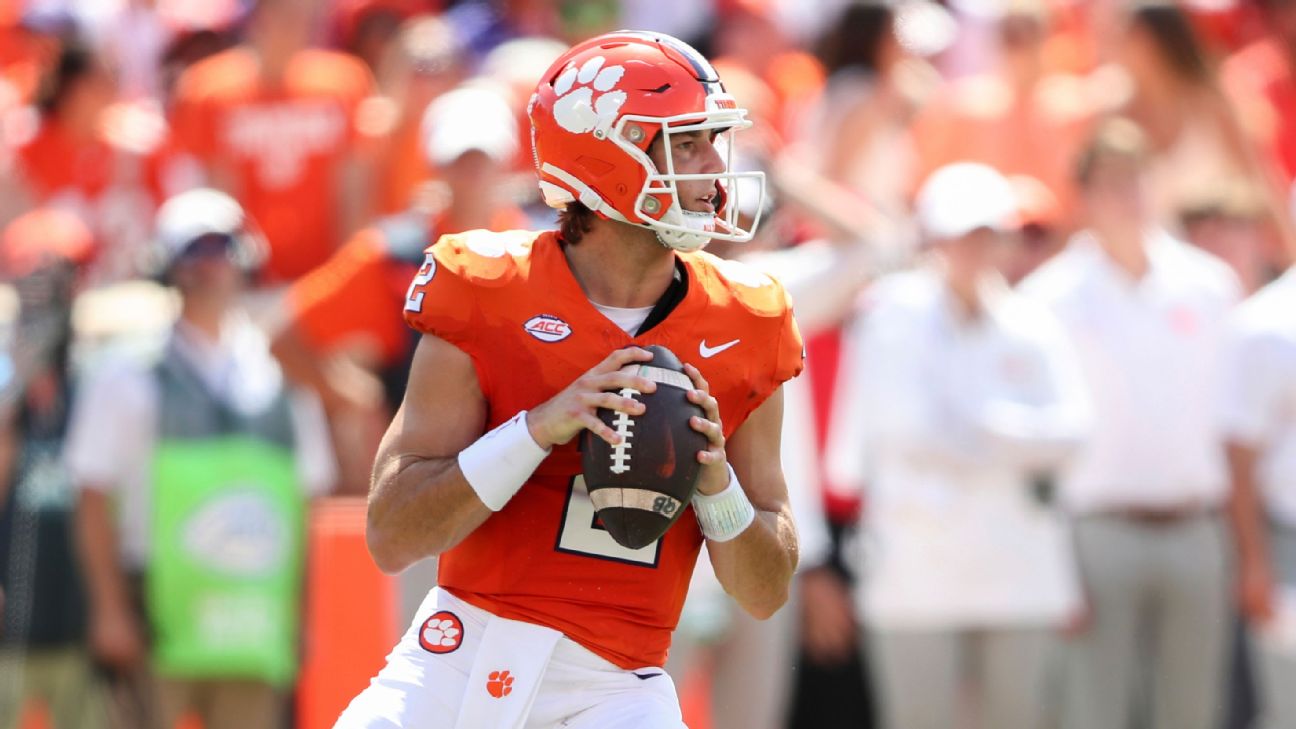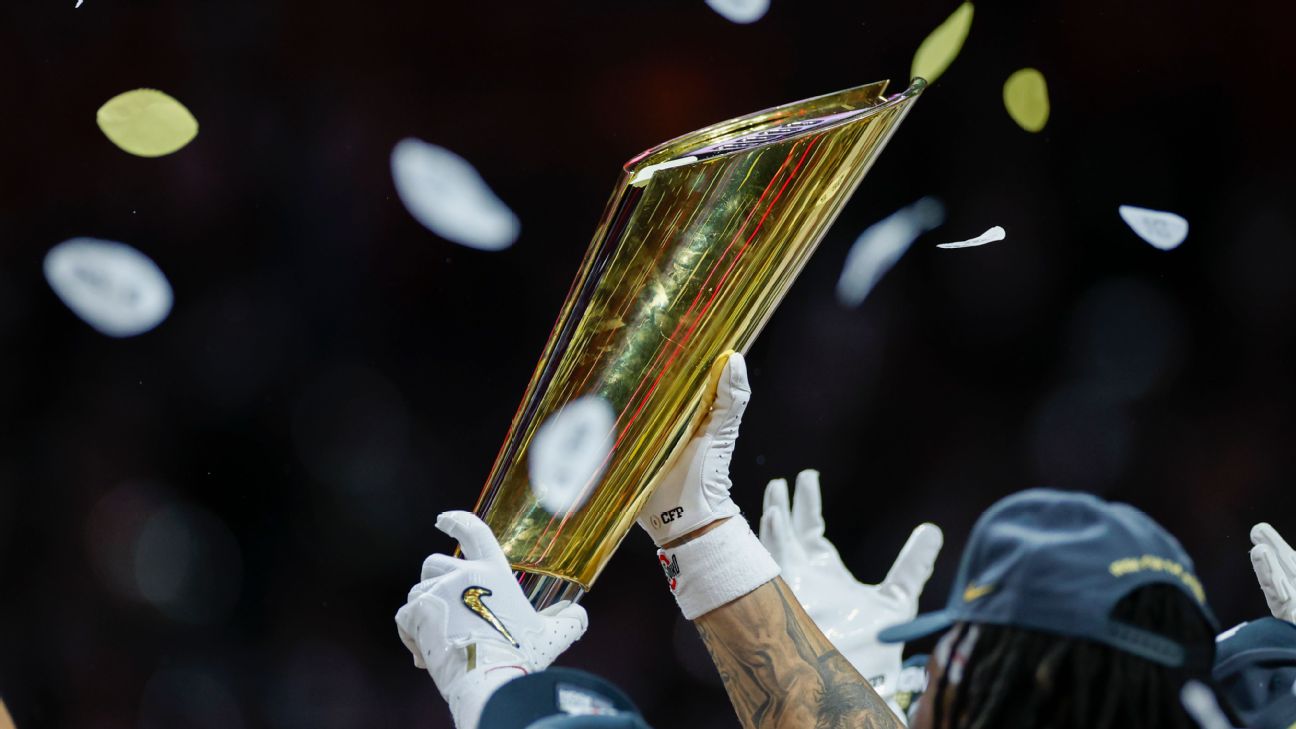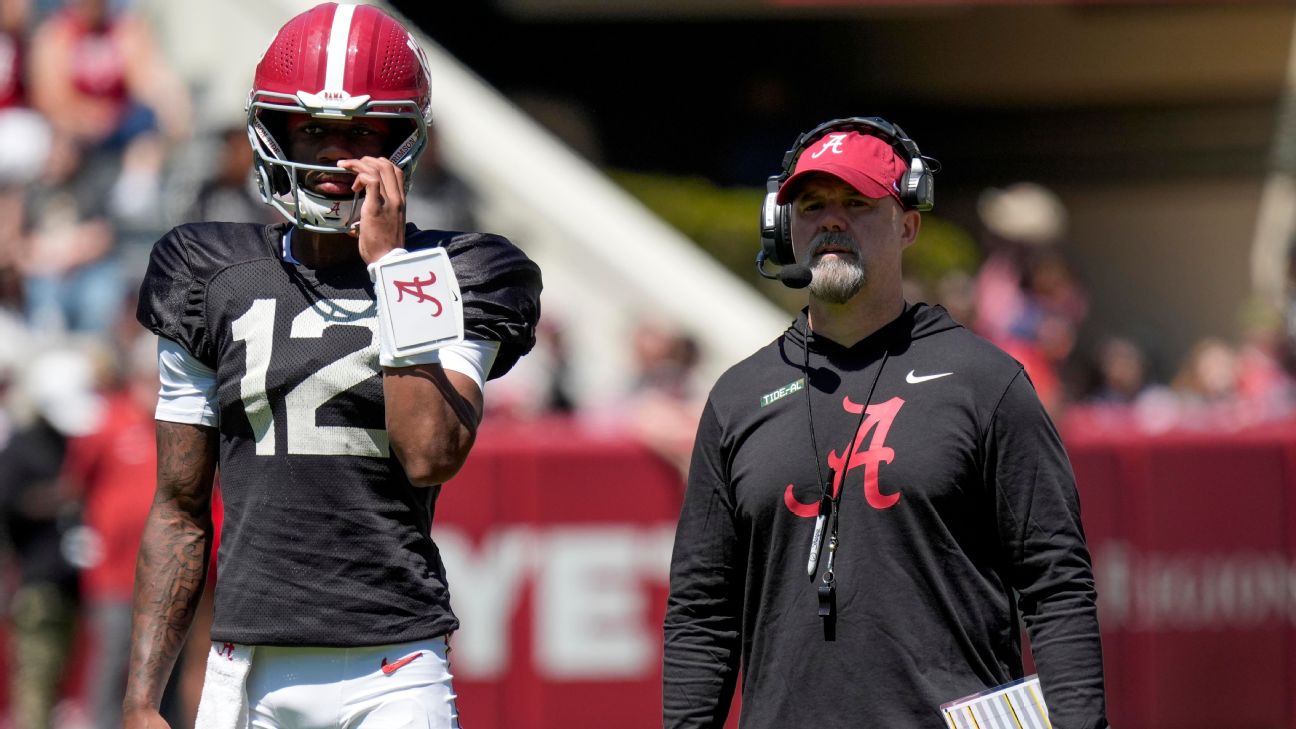Top College Football Coaches: From Heisman Winners to Small-School Legends
Explore the diverse backgrounds of NCAAF head coaches, from Heisman Trophy winners to small-school legends, and how their playing careers shaped their coaching philosophies.
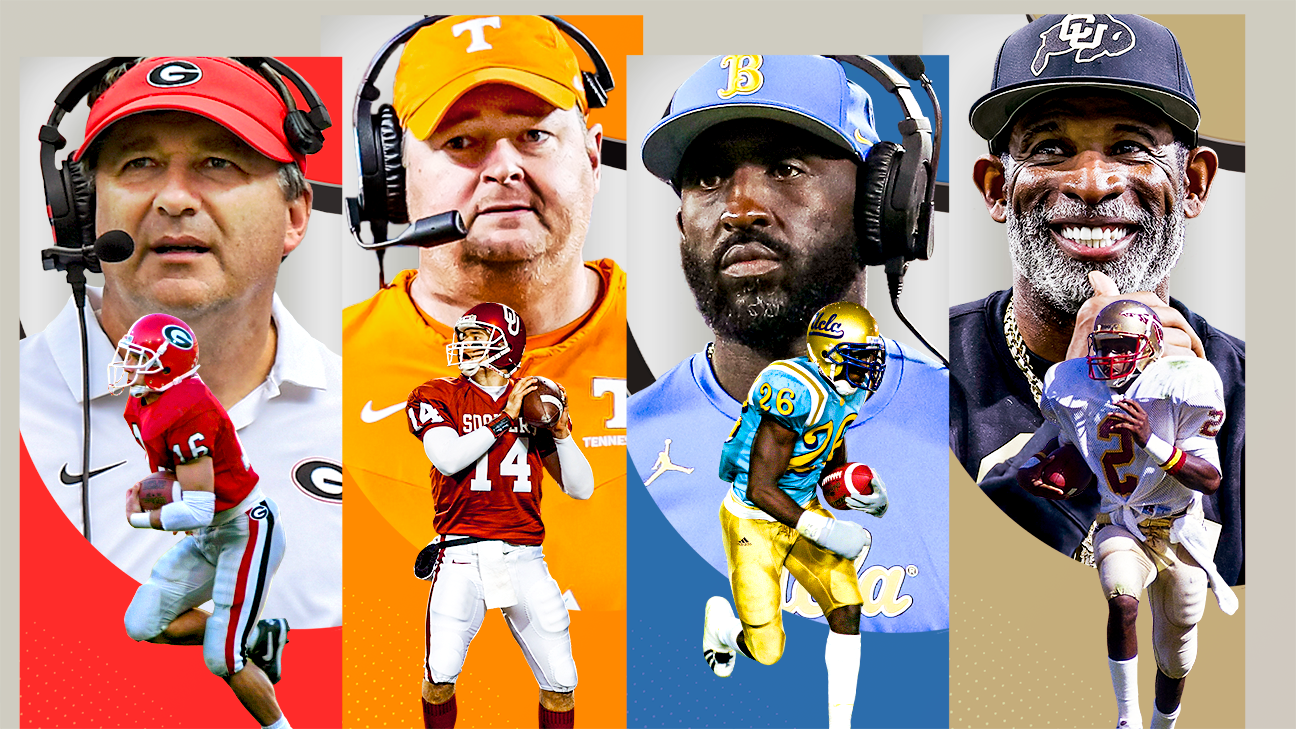
The Evolution of College Football Head Coaches
College football head coaches come from a variety of backgrounds, each with unique experiences that shape their coaching styles. From Heisman Trophy winners to small-school legends, these coaches bring a wealth of knowledge and passion to the game.
Heisman Winners Leading the Way
One of the most notable trends in recent years is the rise of former superstar players taking the helm as head coaches. Eddie George, the 1995 Heisman Trophy winner, is now the head coach at Bowling Green. Deion Sanders, a national award winner and multi-time All-American, is leading the charge at Colorado. These coaches bring not only their accolades but also their deep understanding of the game from a player's perspective.
Small-School Legends Making Big Impacts
Not all successful coaches come from powerhouse programs. Many have made their mark at smaller schools, proving that talent and determination can shine on any stage. Timmy Chang, a standout quarterback at Hawai'i, and Mike Gundy, who led Oklahoma State to multiple bowl games, are prime examples of how small-school success can translate to coaching excellence.
The Importance of College Success
When evaluating these coaches, their success at the college level is paramount. Achievements such as national awards, All-America honors, and all-conference recognitions are key indicators of their playing prowess. Whether they played in the Power 4 conferences or in lower divisions, their college careers provide valuable insights into their coaching philosophies.
Categorizing the Coaches
To better understand their backgrounds, these coaches can be categorized based on their playing careers:
- Limited Production: Coaches who had modest playing careers but have excelled in coaching.
- Small-School Grads: Those who made their mark at smaller institutions.
- Transfers: Coaches who transferred during their college careers, gaining diverse experiences.
- G5 Stars: Standout players from Group of 5 schools.
- Lower-Level Legends: Coaches who were stars in lower divisions.
- Power 4 Players: Those who played in the Power 4 conferences.
The Top 30 Coaches
Among the top 30 coaches, Deion Sanders and Eddie George stand out not only for their Heisman credentials but also for their overall impact on the game. Josh Heupel, who led Oklahoma to a national title, and Steve Sarkisian, a former BYU standout, also rank highly due to their impressive playing and coaching careers.
Conclusion
The backgrounds of college football head coaches are as diverse as the game itself. From Heisman winners to small-school legends, these coaches bring a wealth of experience and knowledge to their teams. Their playing careers not only shaped their coaching philosophies but also continue to inspire the next generation of football players and coaches.












